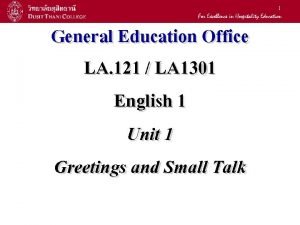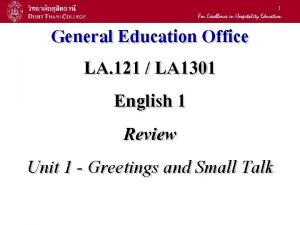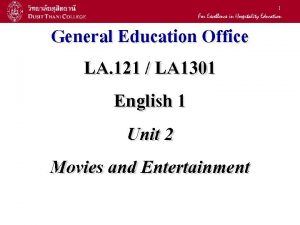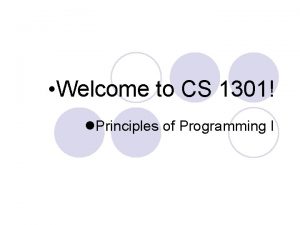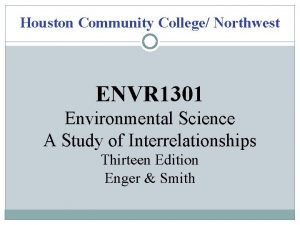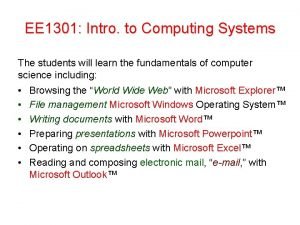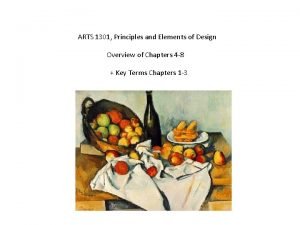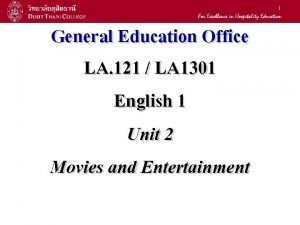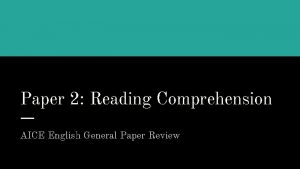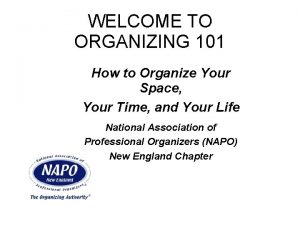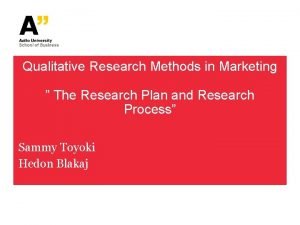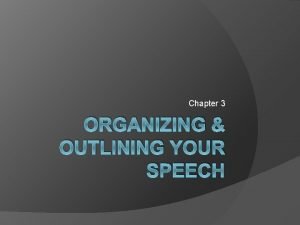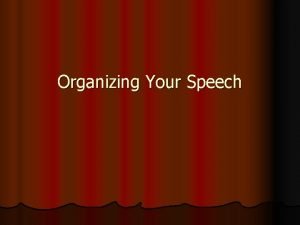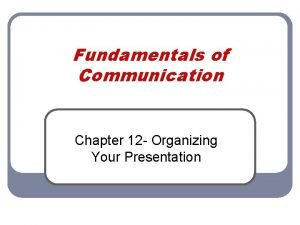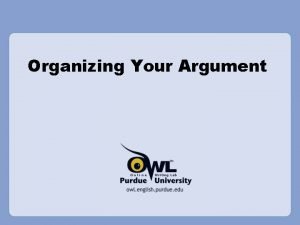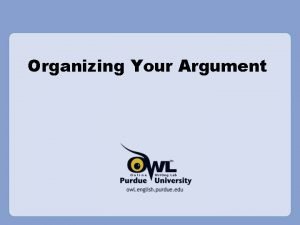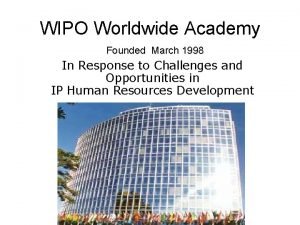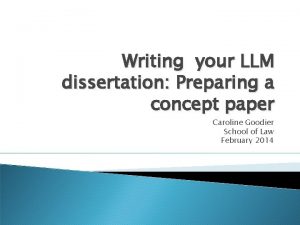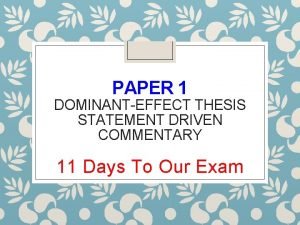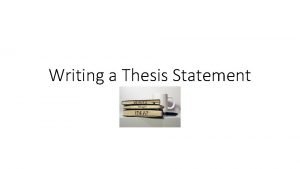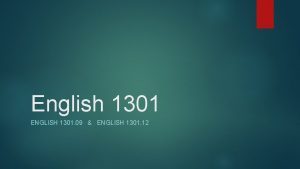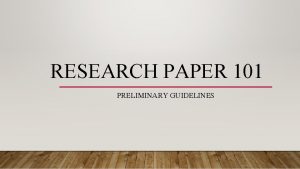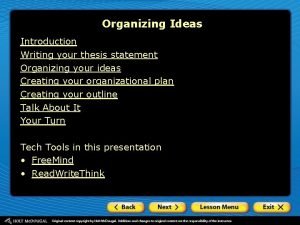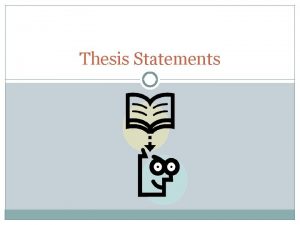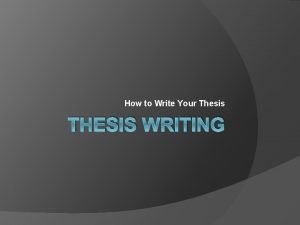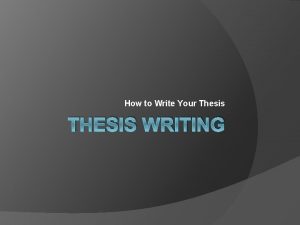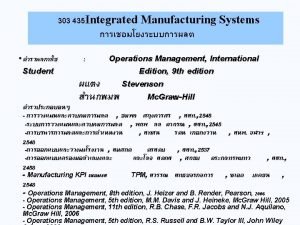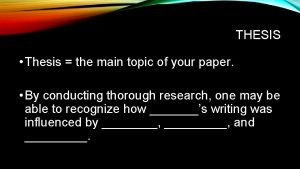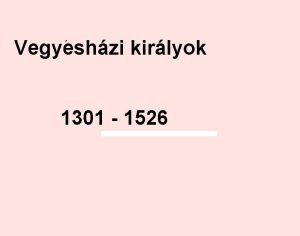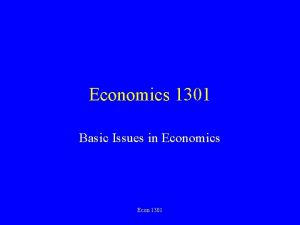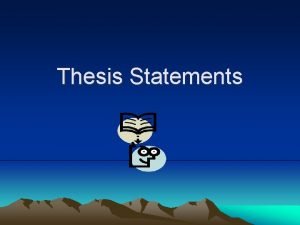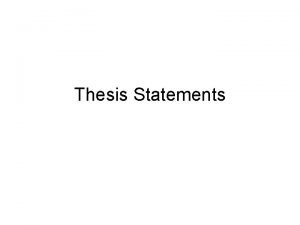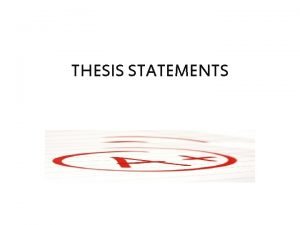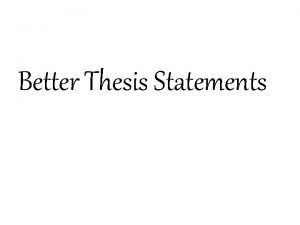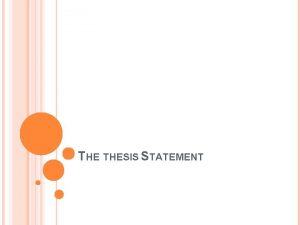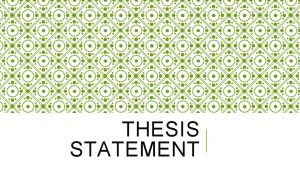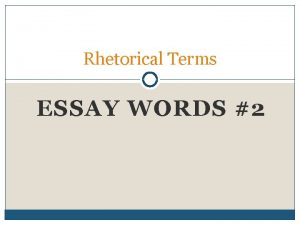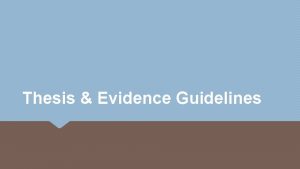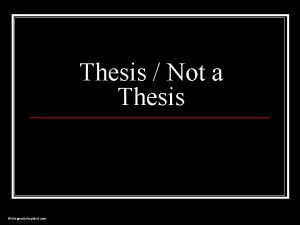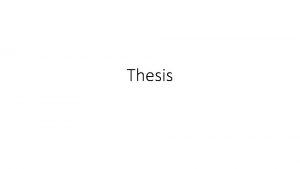Research 101 English 1301 Organizing Your Paper Thesis






















- Slides: 22

Research 101 English 1301

Organizing Your Paper

Thesis Statement �After you take your notes, you need to write a thesis statement. �Your thesis statement will be the last sentence of your first paragraph.

How to write a thesis statement step 1 �What are the main points you researched? List them.

Thesis Statement Step 2 �What did you discover about your three-four main points as you researched? �Write a statement about it. This will be your thesis statement.

Example �Topics studied: �Social structure �Marriage �Work �Education as they happened in the working class

Thesis Statement �The social structure of the middle class in Medieval England underwent many changes, especially in the areas of marriage, work, and education.

Outline �Outline your main points

Arrange Notecards �Arrange your notecards in the order you will write your paper.

Definition of Research �According to MLA, anything that requires you to go “beyond your own personal knowledge” is defined as research.

Differences between personal and research papers Personal Research �Personal essays that present your thoughts, feelings, and opinions about experiences. �This can also define analytical essays about books or texts that you read and write about; even if you quote them, they are not research papers �Happens when we explore an idea, look at all elements of an issue, solve a problem, or make an argument �We need to read what experts have written about these things in order to form an educated opinion—this is research

Types of Research Sources Primary Secondary �Historical documents �Literary texts �Film or performance of a play �Conducting a survey �Lab experiment �Using what other researchers have already written about your subject �Literary criticism �History books �Most academic papers depend on secondary research

Goals of Research �Goal # 1—Increase your knowledge and understanding of a subject �Goal # 2—Continue learning and inquiring about your subject, hopefully after the paper is finished �Goal # 3—the synthesis of several different sources into a coherent, cohesive paper

Plagiarism

Definition of Plagiarism �From the Latin word that means “kidnapper” �“to commit literary theft” �“to present as new and original an idea or product that comes from an existing source”

Two Forms of Plagiarism Type # 1 Type # 2 �Using another person’s ideas, information, or expressions without acknowledging that person’s work is intellectual fraud �Passing off another person’s ideas, information, or expressions as your own for some type of gain is also considered fraud. �Plagiarism is usually a moral and ethical offense rather than a legal one.

Avoiding Plagiarism �Make sure to cite direct quotes. �You must also cite anything that you paraphrase. �If the idea belongs to the author, then you must cite that as well. �When in doubt, cite!

Common Knowledge �Information and ideas that are widely accepted as fact by scholars do not need to be cited. This includes �Basic biographical information of an author �Dates of historical events

Steps for Effective Research

Step # 1 --Topic �Your topic should be in the form of a question that you will answer through consulting research.

Step # 2—Find Sources � 1. Locate a source that you think may answer part of your question. � 2. Use www. easybib. com to create a citation for your source.

Step # 3—Take Notes �Read your source and take notes. �Paraphrase what you read. �Use only very interesting direct quotes. �Make sure you record page numbers. �Do not copy and paste from a data base to a note card. This increases your chances of committing unintentional plagiarism. It will also cause more work when you are actually writing your paper.
 La 1301
La 1301 La 1301
La 1301 La 1301
La 1301 Cs 1301
Cs 1301 Envr 1301
Envr 1301 Ee 1301
Ee 1301 Arts 1301
Arts 1301 Chickens never wear shoes movie genre
Chickens never wear shoes movie genre Aice english paper 2
Aice english paper 2 Organizing 101
Organizing 101 Future research plan sample
Future research plan sample Portfolio of evidence
Portfolio of evidence Organizing and outlining your speech
Organizing and outlining your speech Putting a speech together in a particular way
Putting a speech together in a particular way Amtobul meaning
Amtobul meaning What is an argument
What is an argument Organizing your argument
Organizing your argument Wipo dl 101
Wipo dl 101 Give us your hungry your tired your poor
Give us your hungry your tired your poor Hand approach general paper
Hand approach general paper Sample concept paper for research proposal doc
Sample concept paper for research proposal doc Paper 1 thesis statement
Paper 1 thesis statement Closed vs open thesis
Closed vs open thesis
